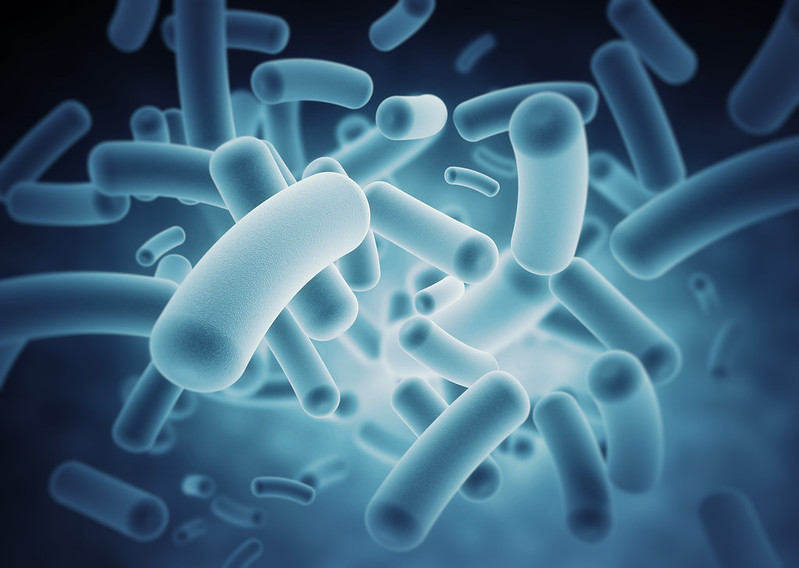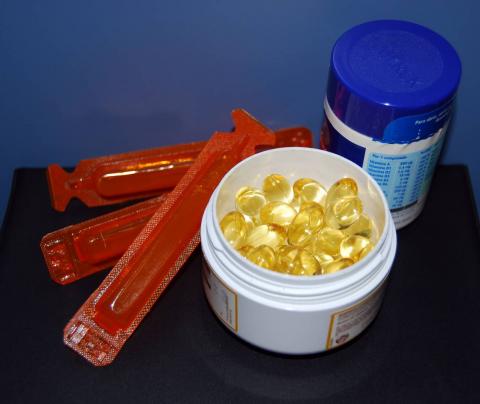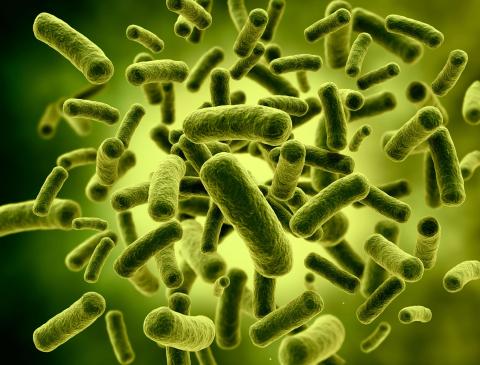Reaction: vitamin D favours 'anti-cancer' gut bacteria in mice
Vitamin D enhances the response to cancer immunotherapy in mice via the gut microbiome, according to a study published in Science. The role of vitamin D in cancer immune modulation had already been studied in previous studies. Now, the authors suggest that this nutrient acts on intestinal epithelial cells, altering the composition of the microbiome and favoring a species of bacteria called Bacteroides fragilis, which regulates immunity against cancer.

vit D microbioma - Marga Poza EN
Margarita Poza Domínguez
Microbiology research at the Biomedical Research Institute of A Coruña
Associate professor at the University of A Coruña
The human microbiome, the set of microorganisms that live together with our cells and inhabit our body, performs essential functions for our existence. What is more, the bacteria living in our gut are involved in the efficacy and toxicity of numerous treatments. This is the case for cancer immunotherapy, whose success has been linked to the configuration of our gut microbiome.
Nowadays, numerous findings indicate that it is already possible to personalize therapies according to each person’s individual microbiome. A new phase is opening up in the field of biomedicine, pharmacomicrobiomics, which is the study of how the response to a drug varies depending on the microbiome. Today, the abundance of certain bacteria in our gut can predict the response to immunotherapy, which can avoid costly, ineffective and/or toxic therapies in many cancer patients.
Although the work was performed in mice, it highlights the potential role of vitamin D as a modulator of the immune response in other organisms, including humans, and configuration of the gut microbiome. It highlights that dietary vitamin D supplementation may modulate the microbiome, enhancing immunity against cancer and immunotherapy's efficacy.
Evangelos Giampazolias et al.
- Research article
- Peer reviewed
- Animals



